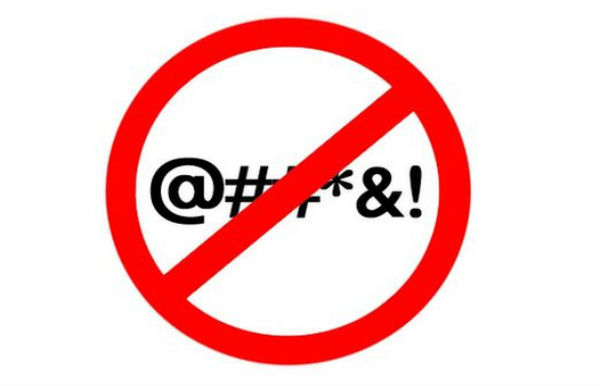I think all kinds of disputes, whether comments moderation isn’t perhaps a kind of censorship with a motive of political expediency, would cease if, not thinking about the feelings of those people to whom they were referring, I published at least some of the unpublished comments on Aravot’s online edition.
How much political motive is there, say, in the following judgment: “It wouldn’t be bad if they cut off that beast’s corresponding organs and cooked them, giving them back to its owner to lap it up. As far as I know, they throw such people in rooster cages, where they rightfully satisfy their demands. Too bad there isn’t the gallows for people like these.” What about in this one? “He’s an unruly sexual one, go to Novosibirsk and ask how he was arrested for raping the famous scientist’s wife.” Is not publishing these a restriction on free speech? And I have selected mild examples as much as possible, though there are such that make one assume that for some people, remaining anonymous, leaving comments online is a form of sublimation.
No, of course, there are also sporadic comments, their opportunity for imparting information being political. But how do these people express their love or hate toward a given political party or group? We have published and will publish criticism against all actors in the political arena without exception. But should the assessments “a clan of national traitors” directed to one opposition group or “a union of opportunistic people” directed to a party in power be published?
What, you want to convince me that it’s a famine of facts and it’s not possible to criticize without insulting and cursing? And to express your disagreement with the author do you have to write “If she thinks the same as writes she’s an ordinary conformist and self-seeker; if she thinks one way but writes another, she’s an ordinary hypocrite”?
Let me also cite another example which I had mentioned to Hambardzum Hambardzumyan to ponder in my article “The Internet is Not a Bathroom Wall Where You Can Write Anything and Everything” (in Armenian only). A person probably doesn’t have another argument to respond to the journalist with if he’s emphasizing her gender: “Only a woman madly in love could write with such spiteful vengeance about an ‘unattainable’ love object.” And when that comment is not published and the reason explained, an attempt to offer the remarks under a different “sauce” follows: “The comment is a basic metaphor, and it’s about unfulfilled professional claims — ‘professional frustration,’ if you like.”
Again I stress we have published several and very sharp critical remarks aimed also at our news agency and reporters. But these at least were expounded politely. Do you agree — you have to at least be a masochist or not have respect for your colleague to endorse publishing such a comment directed at her: “There are people who are sold on Tsereteli [i.e. work in the sex trade] and those who are sold in the pages of a news agency.”
From now on, I am honestly happy for the opportunity to continue this debate, since I believe that this is still quite a raw subject. In this respect, not only in the regulation of legislation, but also perhaps in other countries there is more awareness of solutions to such problems.
But for now there are many questions on the matter of publishing comments online, and one of these is definitely whether comments moderation will become a kind of censorship. However, before accusing or even hinting at accusing someone, it would be good to have at least one example, to substantiate that a comment wasn’t published by a news agency not because of ethical reasons or because the rules originally stated that he won’t disseminate insults, but purely because of political or ideological expediency.
Any news agency that has declared it will provide a platform to all regardless of their political orientation, I think, can no longer allow itself such a test, since it can be sure that the comment in question will appear immediately in another news outlet, which will bring to naught every attempt to appear neutral and balanced.
I have reason to insist that readers will behave just this way. Someone had left a comment on our site directed at a female MP, calling her a sheep. He wrote three times and thrice we didn’t publish it, and the fourth time he wrote: “I am erasing my comments from here, but no worries, they will appear in the press, I promise you.” I’m sure he might succeed too — under these conditions when for some, the indicator of freedom of speech is publishing someone calling another “a sheep” and other such things.
Anna Israelyan
P.S. Hambardzum Hambardzumyan recently said about our site: “The news agency’s reporters have their own spaces — blogs where they record their thoughts, memories, approaches, ideas, but it doesn’t say what the procedure is for moderating comments to blog posts. Let me explain: rules for posting on our site pertain to all sections of the website.






